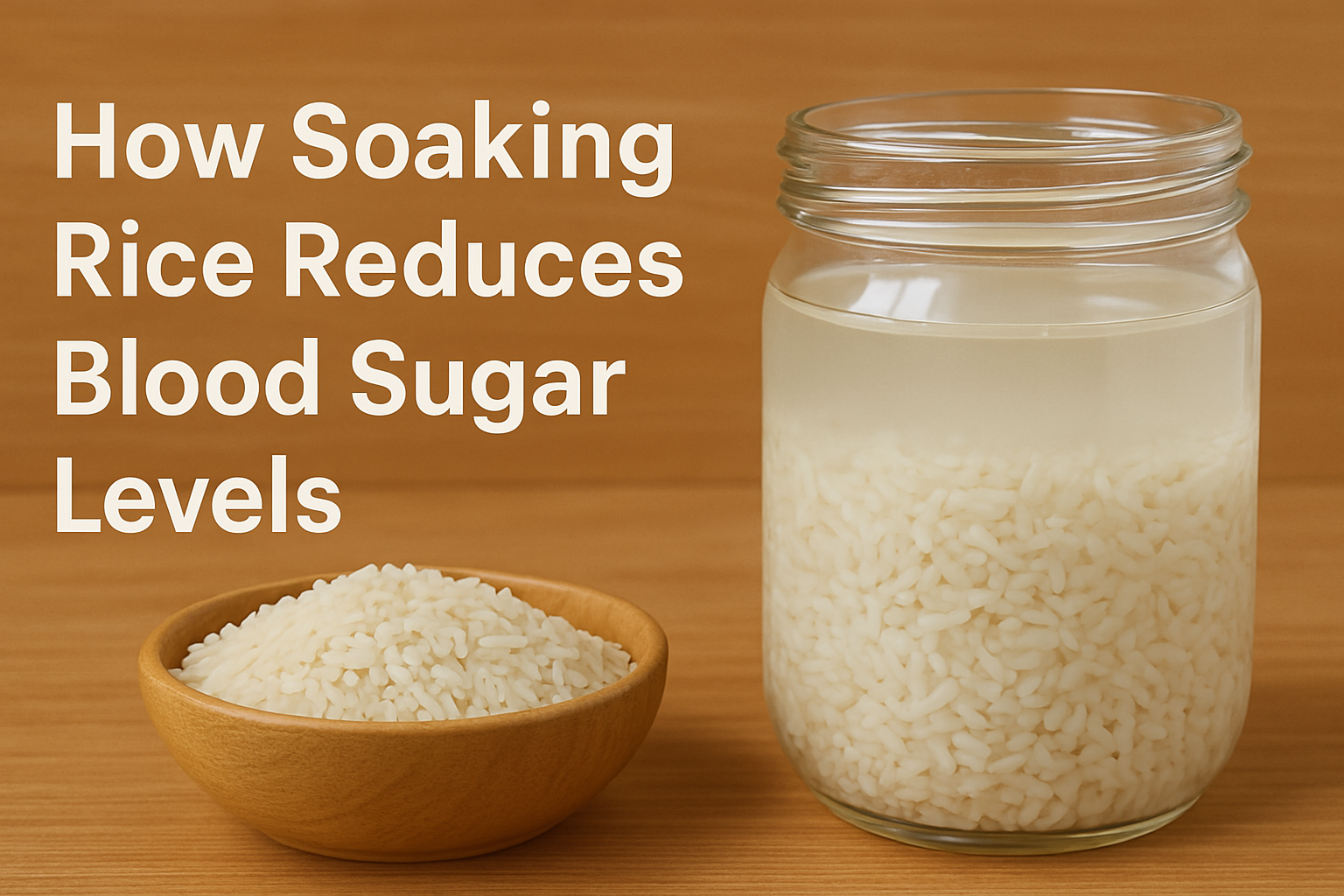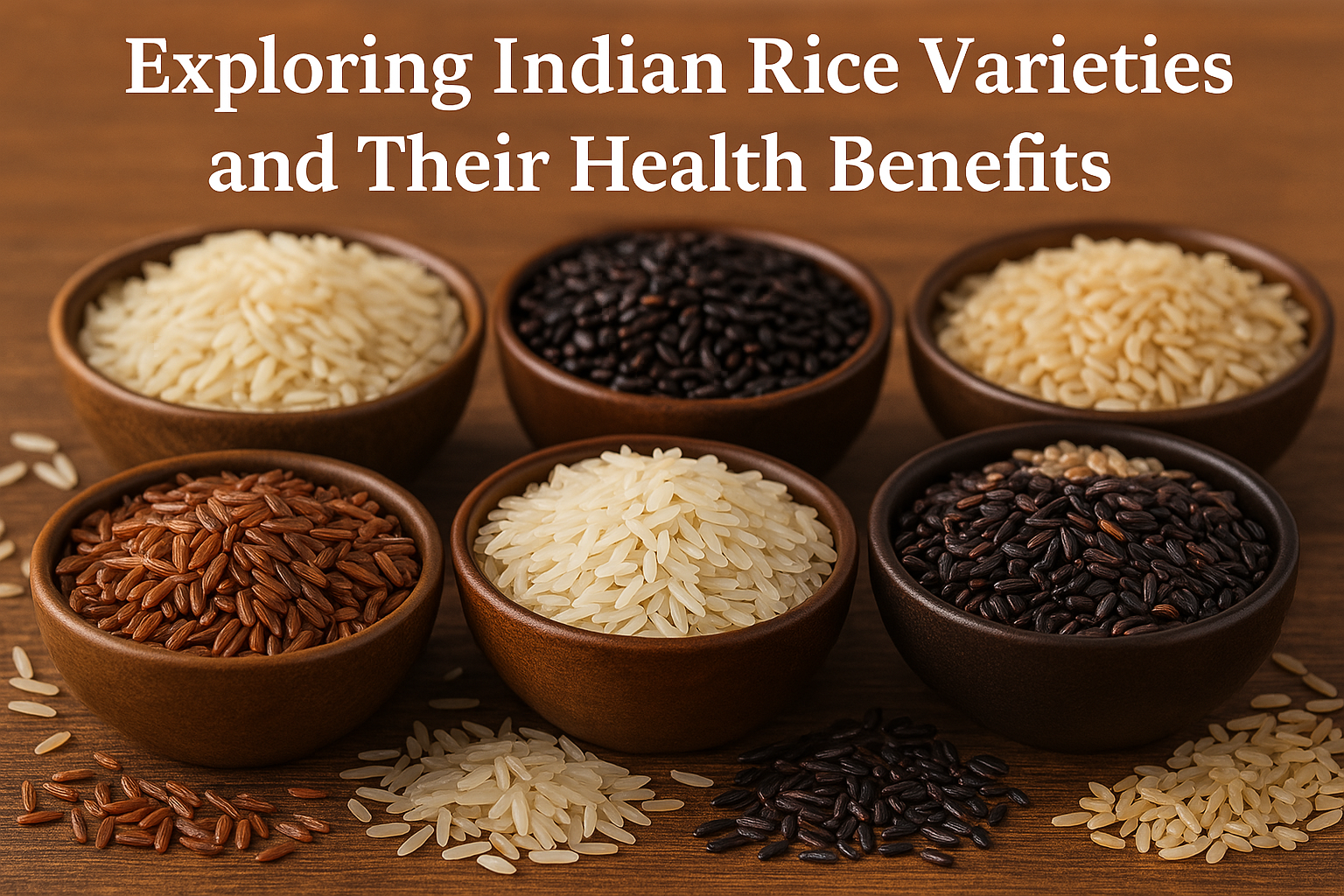Many of us have experienced groggy, irritable mornings, often blaming them on Monday blues, poor dinner choices, or other health factors. However, the key to combating these tired mornings lies in your previous night’s sleep quality. During sleep, your body consolidates memories, repairs muscles, and stores energy for the day ahead. Sleep deprivation negatively impacts memory, judgment, and mood, affecting work, thinking, and behaviour. Over time, it can lead to lifestyle diseases like obesity, high blood pressure, and chronic fatigue.
Here’s a look at some positive effects of good sleep on your health –
Reduces Stress & Improves Your Mood – A good night’s sleep naturally reduces mental and physical stress. It enhances your overall mood and energy levels. Conversely, chronic sleep deprivation can lead to anxiety, depression, and irritability, which can be resolved through consistent sleep routines.

Improved Mental Function – Brain plasticity theory states that the brain needs a consistent sleep routine to consolidate memories, reorganise information, and form fresh neural connections. Sleep deprivation diminishes alertness, accuracy, and quick responses, and research shows it can lead to poor judgment.
Helps your Body Cope with Pain – Sufficient sleep is essential for managing chronic pain conditions. Quality sleep can be achieved through the use of orthopaedic mattress, offering relief for back, spinal, and neck pain. Doctors recommend sleeping on your side on an ortho mattress with a pillow between your legs if you have pain in your lower back. For neck pain, sleep on an orthopaedic mattress with a pillow under your knees.
Restores the Immune System – Sleep supports growth hormone production and aids in the body’s muscle repair. Cytokines, immune-boosting hormones, are produced during sleep. Several weeks of sleep deprivation can weaken the immune system, making you more susceptible to infections.

Strengthens Your Heart – Adequate sleep helps regulate heart function and maintain healthy blood vessels. Continuous sleep deprivation reduces these protective mechanisms, increasing the risk of heart-related issues.
Regulates Your Blood Sugar – Sleep helps regulate metabolism, preventing fluctuations in blood sugar levels. For individuals with diabetes, adequate sleep is crucial for managing blood sugar. If we don’t get enough sleep, our body’s energy levels may diminish – causing a fluctuation in our blood sugar levels. Changing blood sugar levels can affect mood, energy, and cognitive function.
Decreases Inflammation – Inflammation is a sign of a weakening immune system. Poor sleep habits can lead to inflammation, increasing the risk of health conditions such as ulcers, heart diseases, and dementia.
Helps You Maintain a Healthy Weight – Sleep deprivation disrupts hormonal balance, affecting appetite and potentially causing weight gain and obesity. Adequate sleep is crucial for maintaining a healthy weight.
Repairs Your Tissues – Your body tissues sustain minor damage during your daily activities—for example, stress, exposure to ultraviolet sunrays, severe hot or cold temperatures, etc. When you sleep, your body repairs the damaged tissues by producing the required proteins and building blocks for cells. A good night’s rest helps restore and refresh your body to keep you healthy.
Conclusion:
Even though we think of sleep as a time to rest, our minds and bodywork to maintain our health at this time. The body restores, repairs, and energises you, while the reason consolidates your memories and boosts your cognitive functions. Getting sufficient rest and deep sleep every night is essential for overall health.

































